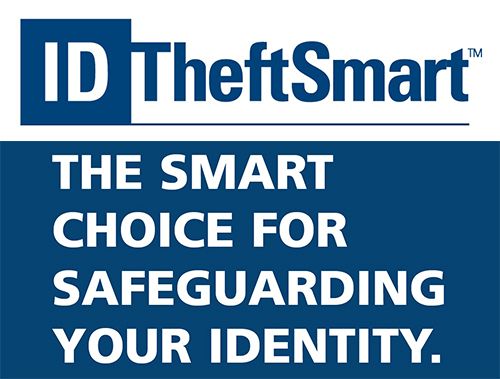ID TheftSmart
Your identity is valuable asset. We can help you in the event that your identity is stolen.

Common Signs of Identity Theft:

How Identity Thieves Can Use Your Information
Identity thieves can use your stolen information in a variety of ways, including:
- Opening New Accounts: Creating new credit card or bank accounts in your name and running up charges or draining your existing funds.
- Making Purchases: Buying goods or services using your name and address, leaving you with the bill.
- Committing Crimes: Giving your name to law enforcement during an arrest, potentially leading to warrants issued in your name.
- Obtaining Employment: Getting a job or filing fraudulent tax returns using your identity.
- Renting Property or Setting Up Utilities: Leasing apartments or establishing utility services in your name.
- Other Misuses: Taking out loans, obtaining driver’s licenses, or even filing for bankruptcy in your name.
The Impact of Identity Theft:
Identity theft can have devastating consequences, including:
- Damaged Credit: Thieves can ruin your credit score, making it difficult to obtain loans, mortgages, or even rent an apartment.
- Financial Loss: You could lose significant amounts of money due to unauthorized charges, loans, or other fraudulent activities.
- Reputational Damage: Criminal activity committed in your name can tarnish your reputation.
- Time and Stress: Restoring your identity can be a long and complicated process, causing significant stress and inconvenience.
Why Identity Theft Protection is Important
Identity theft protection services like ID TheftSmart can help you detect and resolve identity theft quickly and efficiently.

ID TheftSmart offers comprehensive identity theft restoration services
- Fraud Confirmation and Source Identification: Pinpointing the source and extent of the fraudulent activity.
- Investigation: Thorough investigation of known and unknown fraudulent activity.
- Organization and Explanation of Rights: Helping you understand your rights and organizing the details of your case.
- Making Calls on Your Behalf: Contacting relevant organizations on your behalf to resolve issues.
- Issuing Fraud Alerts: Placing fraud alerts with the three major credit bureaus (Equifax, Experian, and TransUnion), the Social Security Administration (SSA), the Federal Trade Commission (FTC), and the US Postal Service (USPS).

